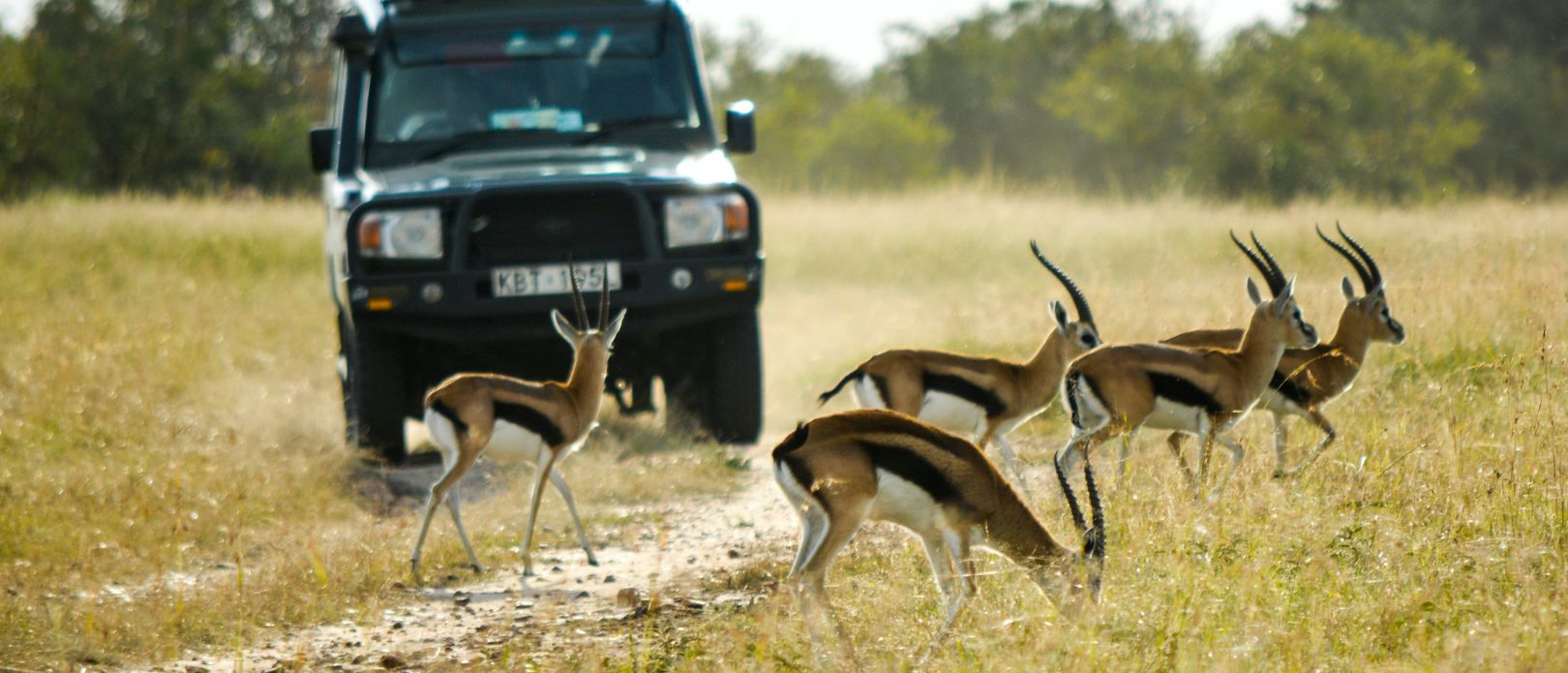Environmental stewardship
Do hunting and fishing bring us closer to nature?

Hunting and fishing cultivate conservation skills, but it is mainly their psychological and emotional impact on individuals that is pivotal, according to the article. Photo by Splendens/Canva.
Sustainably harvesting wildlife can foster an increased sense of stewardship, a new article in Nature Sustainability argues.
- Intense interactions between hunters or anglers and wild animals can foster a strong sense of environmental stewardship and a lasting dedication to protecting animals and nature
- These intense experiences of nature differ from superficial hunting and angling practices, which may not encourage stewardship feelings
- Hunting and fishing teach important conservation skills, but their emotional and psychological effects on people are more crucial than the activities alone
Buying fish, sausage or meat saves you from breaking a social taboo in some industrialized nations, especially when hunting and fishing are conducted for recreation. In an article in Nature Sustainability, a research team including Centre researcher Erica von Essen, adds a new perspective to the topic of "recreational use of wild animals".
The hypothesis in this perspective article is that an emotionally intense interaction between hunters or anglers and wild animals can create a particularly strong sense of responsibility, described as "environmental stewardship". And this in turn would be an incentive for many to commit to lifelong environmental and species protection action. However, the research team distinguishes this intense experience of nature from more superficially conducted hunting and angling practices, which do not necessarily foster feelings of stewardship.
Stewardship arises when people become aware of the consequences of their own actions and draw personally binding conclusions that lead to the sustainable management of animal populations, including to self-constraint about how many animals to take and how.
Erica von Essen, Centre researcher and co-author
Hunting and fishing generally require an intensive engagement with natural processes, ecosystems, the living creature and the annual and daily cycles. This close psychosocial integration into nature can create a strong sense of responsibility to protect wildlife and fish, which we call stewardship.
Superficial experiences of nature
There are also practices that are more of a short-term intervention. This does not necessarily promote a sense of responsibility for conservation of wildlife and the environment. "There are examples of hunting and fishing experiences being dominated by market logic, for example in small put-and-take fishing ponds or in hunting experiences for specially bred wild animals released in small enclosures, known as canned hunting. These practices lead to only superficial experiences of nature. They are designed to satisfy the desire for a quick reward. There is often no intensive examination of the personal relationship with nature and own impacts on the lives of animals," explains the article´s first author Dr. Sam Shephard of Ave Maria University in Florida.
Tensions within hunting and fishing
The practice of hunting and fishing can generate skills and knowledge that are useful for conservation and management. However, the crucial factor is not the practice itself, but what it triggers for people psycho-emotionally. Fishing according to the principle of catch-and-release, for example, can strengthen the sense of responsibility for a fish when it is released out of respect for the creature or to protect a natural population of fish through self-constraint. However, catch-and-release can also be a prime example of a superficial economization of wildlife use, for example if the release event is carried out for purely economic reasons to maintain the attraction of a commercially operated fishing stretch. Similar tensions exist in specific forms of hunting.

Mentors in hunting and fishing can help young people to acquire knowledge and skills, to place their actions in ecological context and to develop good emotional and practical outdoor habits - environmental virtue. Credit: J. Miller.
Awareness can foster stewardship
"Stewardship arises when people become aware of the consequences of their own actions and draw personally binding conclusions that lead to the sustainable management of animal populations, including to self-constraint about how many animals to take and how”, Centre researcher Erica von Essen explains. She suggests that such stewardship can often operate independently of formal harvest regulations. In Sweden, for example, hunters are currently protesting against moose quotas which they consider to be too high, deliberatively refraining from harvesting moose.
Emotional approach to killing socially tabooed
Hunting and fishing can also be reduced to the act of killing for reasons of pest control or the control of invasive species. In this case, the animals are viewed as aggregated biomass that must be disposed of for a specific purpose. According to the authors, this means that some traditions that were once used to honour prey are now abandoned or only used very discreetly due to a lack of social acceptance. This may shift the emotional bounds of hunter and anglers towards wildlife into a direction that undermines environmental stewardship.
“The research overturns the belief that the best thing we can do for nature is to leave it be. Instead, it suggests that engaging with a predatory role in the food web produces the kind of relationship to nature that breeds care and stewardship over the environment – but only in the right conditions. Going forward, discussions on hunting and angling can be refocused from bans to instead problematize the practices within these activities and the extent to which they allow the user to embed with nature in a sustainable manner,” says Erica von Essen.
Read "Recreational killing of wild animals can foster environmental stewardship" »
Shephard, S., von Essen, E., Gieser, T. et al. Recreational killing of wild animals can foster environmental stewardship. Nature Sustainability (2024).









